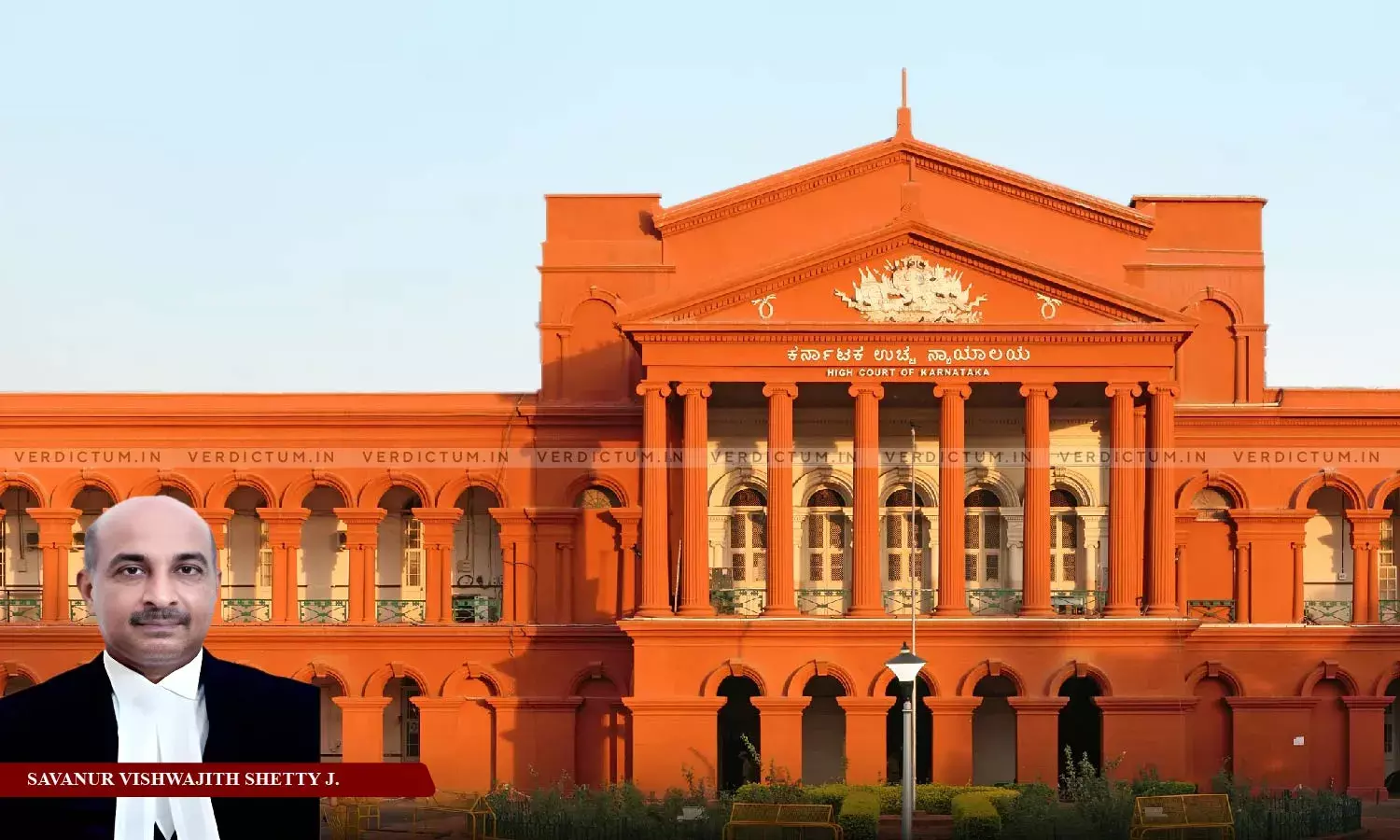KCOCA | HC Can Grant Bail Despite Statutory Rigors When There Is Undue Delay In Trial: Karnataka HC In Gouri Lankesh Murder Case
The Karnataka High Court observed that it is empowered to grant bail despite the strict provisions of Section 22(4) of the Karnataka Control of Organized Crimes Act, 2000 (OC Act) when there is undue delay in trial and the material on record shows that the trial may not be completed any time soon.
The Court granted bail to an accused in the Journalist Gouri Lankesh murder case., emphasizing the importance of safeguarding constitutional rights amidst statutory regulations.
The Court noted that out of 527 charge sheet witnesses, only 90 have been examined in the past two years, raising apprehensions about potential injustice and hardships faced by the Accused.
“Though Section 22(4) of COCA provides for certain rigors for enlarging the accused on bail as against whom charges are made for the offences punishable under the COCA, the same cannot fetter the powers of this Court to enlarge the accused on bail when there is undue delay in trial and the material on record would go to show that the trial may not be completed any time soon”, the Bench of Justice S. Vishwajith Shetty observed.
Advocate Amar Correa appeared for the Petitioner and Special Public Prosecutor Ashok A Naik appeared for the Respondents.
The Accused was charged under Sections 302, 120B, 118, 203, 35 of the Indian Penal Code, 1860 (IPC), Sections 25(1) & 27(1) of the Indian Arms Act, 1959 (Act), and Sections 3(1)(i), 3(2), 3(3) & 3(4) of the OC Act. The Accused approached the High Court seeking bail under Section 439 of the Criminal Procedure Code, 1973 (CrPC).
The Complainant, Kavitha Lankesh, alleged that her sister, Gouri Lankesh, a journalist and progressive thinker, was found dead in her house in suspicious circumstances. The complainant discovered her sister's body with gunshot wounds and immediately reported the incident to the police, leading to the registration of an FIR against unknown persons. The Petitioner (accused no.11) was arrested later, and subsequent charge sheets were filed, introducing additional witnesses and documents. The Petitioner's attempts to secure bail have been unsuccessful, with multiple applications dismissed by the Special Court and Appellate Courts.
The Court noted that the right to a speedy trial is protected under Part III of the Constitution, and strict statutory restrictions, do not override constitutional powers to grant bail. The Court emphasized the need to balance the accused's rights with the seriousness of the charges. The Court reiterated the impact of undue delay on individuals in prison and the importance of concluding trials promptly.
In the case, the Bench observed that with over 400 witnesses yet to be examined out of 527 charge sheet witnesses, and only 90 witnesses examined in the past two years. The Court noted the significant delay in the trial and expressed concern over the potential injustice and hardships faced by the petitioner during prolonged incarceration.
Furthermore, the Bench observed that the Petitioner, accused of conspiring to murder Gouri Lankesh, has been in custody since August 18, 2017. Despite being alleged as a member of an organized crime syndicate, the Petitioner was not co-accused in cases registered against others for organized crimes. The Court observed that for offences under Sections 3(2), 3(3), and 3(4) of the OC Act, one need not have a direct role but must establish a nexus with the organized crime syndicate or offence.
Additionally, the Bench observed that the presumption under Section 23 of the OC Act doesn't apply, as the Prosecution hasn't alleged the Petitioner provided financial assistance to other accused. “The presumption under Section 23 of the COCA would not be applicable as against the petitioner herein because it is not the case of the prosecution that the petitioner had provided any financial assistance to the other accused in the present case”, the Bench noted.
Accordingly, the Court allowed the Petition and granted bail to the Accused.
Cause Title: Mohan Nayak N v State Of Karnataka




